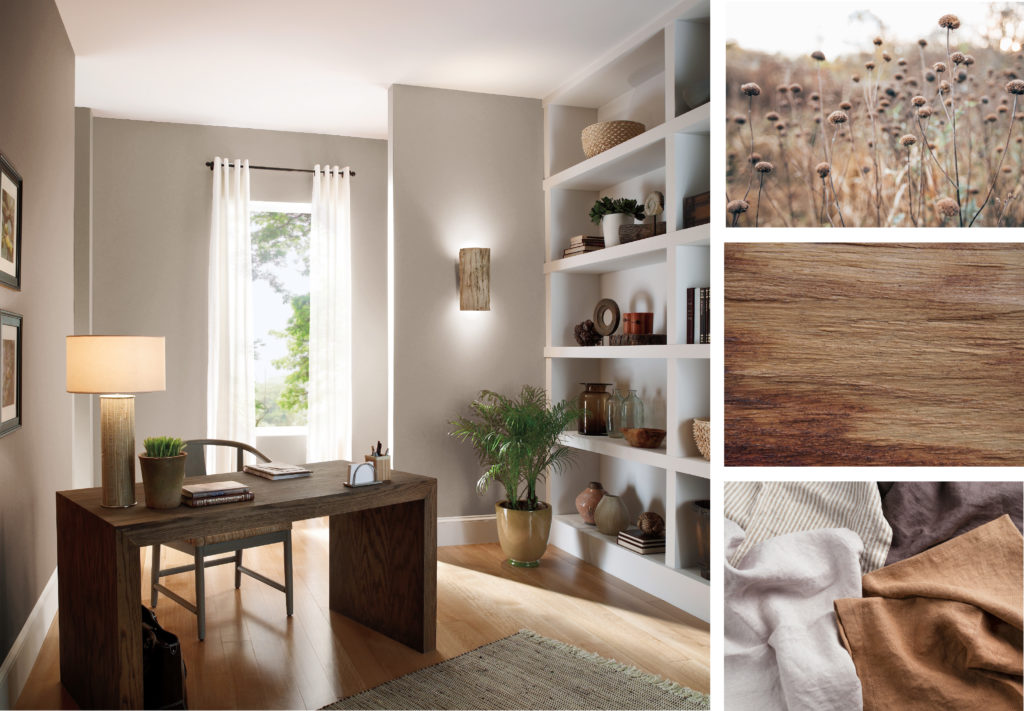
Office – wall: Studio Taupe PPU5-07
Once I heard neutrals described as “People, countries and colors that mind their own business.” It’s a true statement. Neutrals hold their ground and do not waver. To me neutral colors are masters of subtlety, stable as time, aligned with nature and easy to use. I’ve never met a neutral I didn’t like.
So, what defines a neutral color as it relates to home décor?
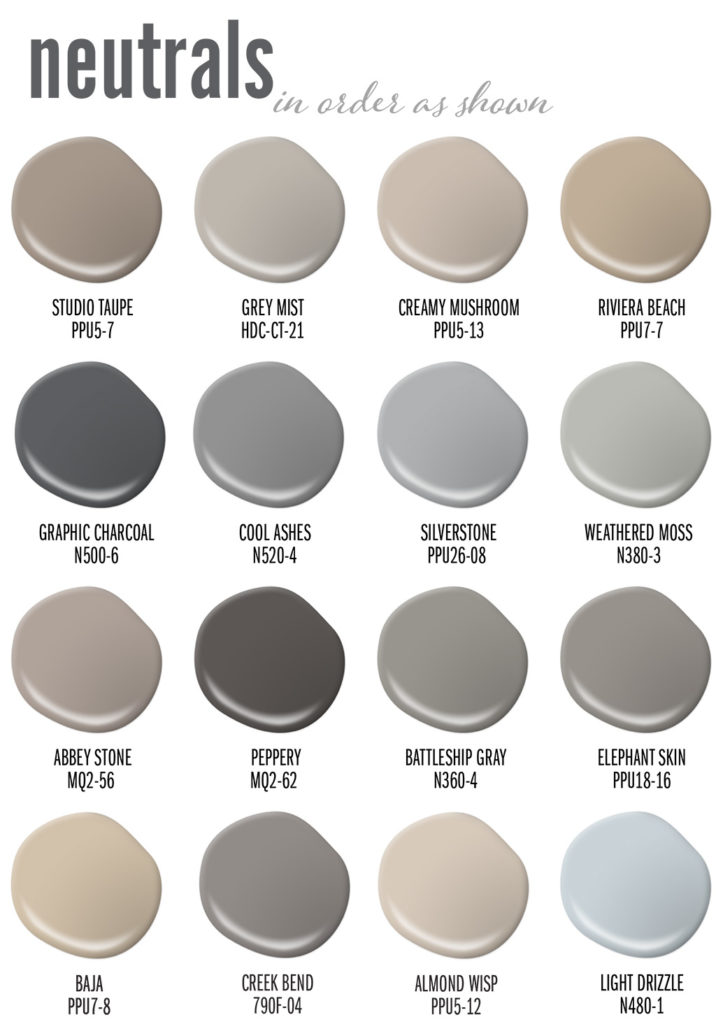
Neutrals come from the natural world. They range in a variety of white, gray, black, brown, beige, and taupe hues. Words like earth-tone, stony, smoky, foggy, misted, shaded, or wood-toned are often applied to such colors. It often looks like a bit of dust has settled over them, or they’ve weathered storms that have washed vivid color intensity away.
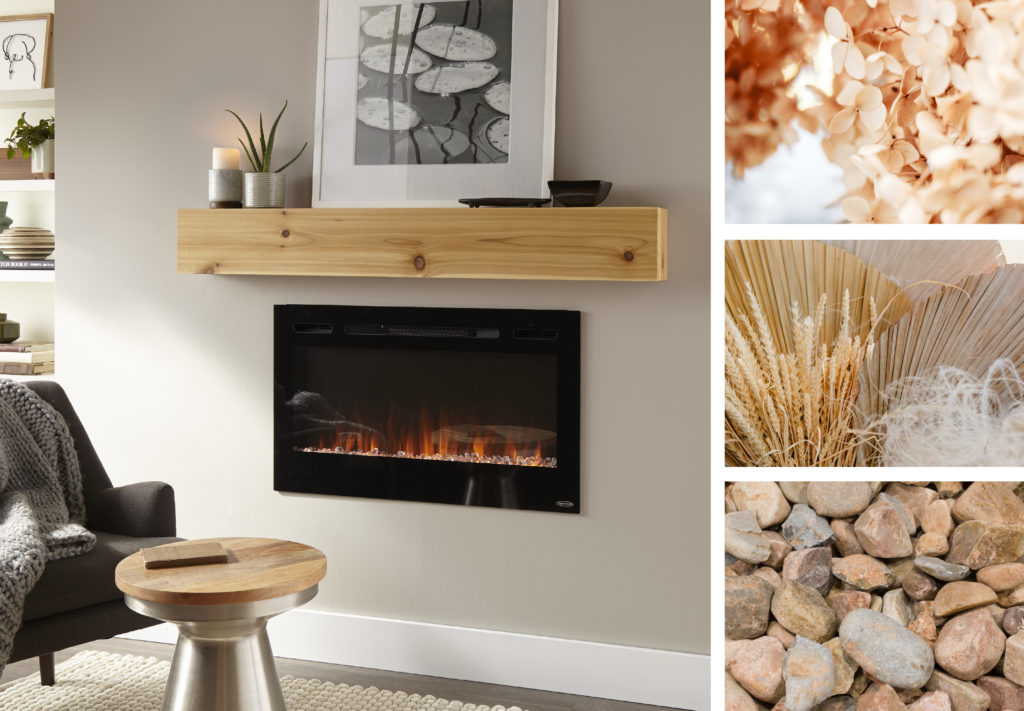
Living Room – wall: Grey Mist HDC-CT-21
Divided into two camps, neutrals can be considered either warm (brown families) or cool (gray families). Everything that falls between are wonderful nuances: driftwood, mushroom, taupe, mist, charcoal, fawn, tan, and sand.
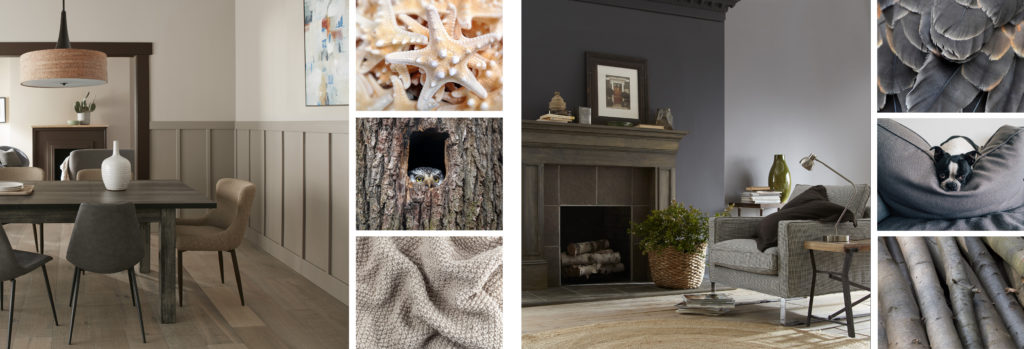
Dining Room – upper wall: Creamy Mushroom PPU5-13, lower wall: Riviera Beach PPU7-07
Living Room – fireplace wall: Graphic Charcoal N500-6, back wall: Cool Ashes N520-4
Neutrals are known to have complex compositions, meaning they often hold an undercurrent of another color. For example, a gray married to blue becomes a cool stone gray. Gray carrying a hint of green becomes lichen. A dark brown might be tinged with red to create a rich mahogany tone.
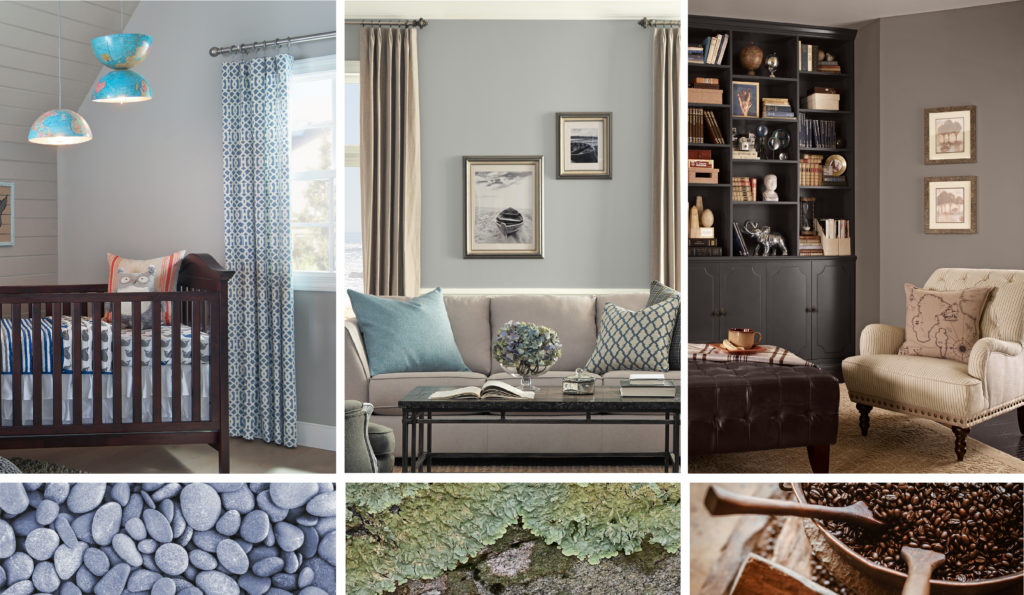
Nursey – wall: Silverstone PPU26-08
Living Room – wall: Weathered Moss N380-3
Library – wall: Abbey Stone MQ2-56, cabinets: Peppery MQ2-62
Their quiet, unassuming nature makes neutrals perfect for all four walls, and they can be successfully used in any room. They make easy background colors because they don’t fight for attention with furniture, artwork, cabinetry or other materials that may be brighter in color.
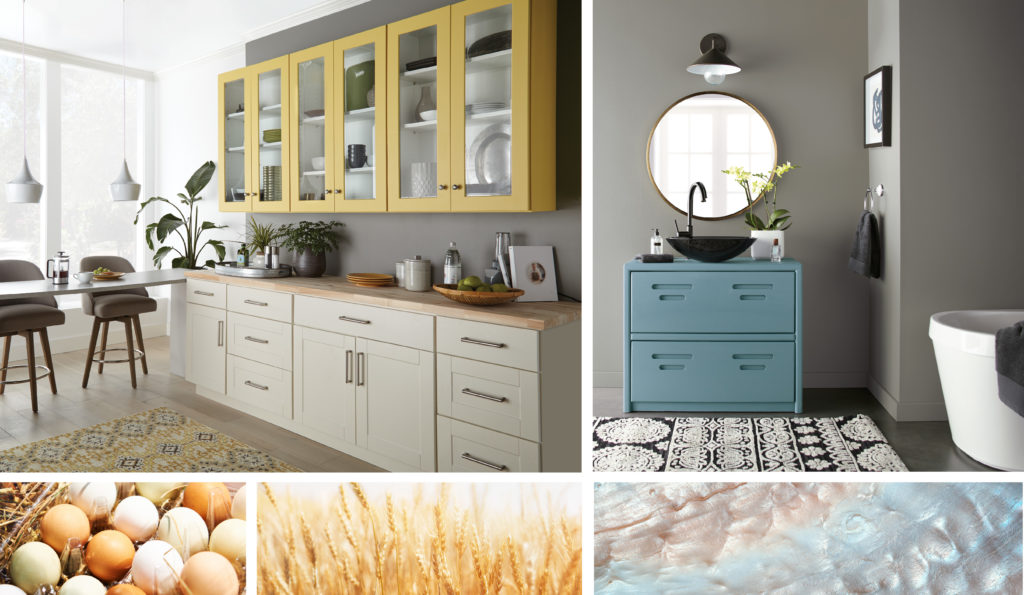
Kitchen & Bathroom – walls: Battleship Gray N360-4
Favored for their versatility, neutrals pair well with almost any other color. Gray or tan walls live perfectly well with white trim around windows, doorways and baseboards. They harmonize with bright, bold colors used for accents, window treatments and upholstery. Tone on tone neutrals sets the mood for serene and tranquil places of relaxation. Make a statement with dark and dramatic colors like charcoal, black or chocolate brown.
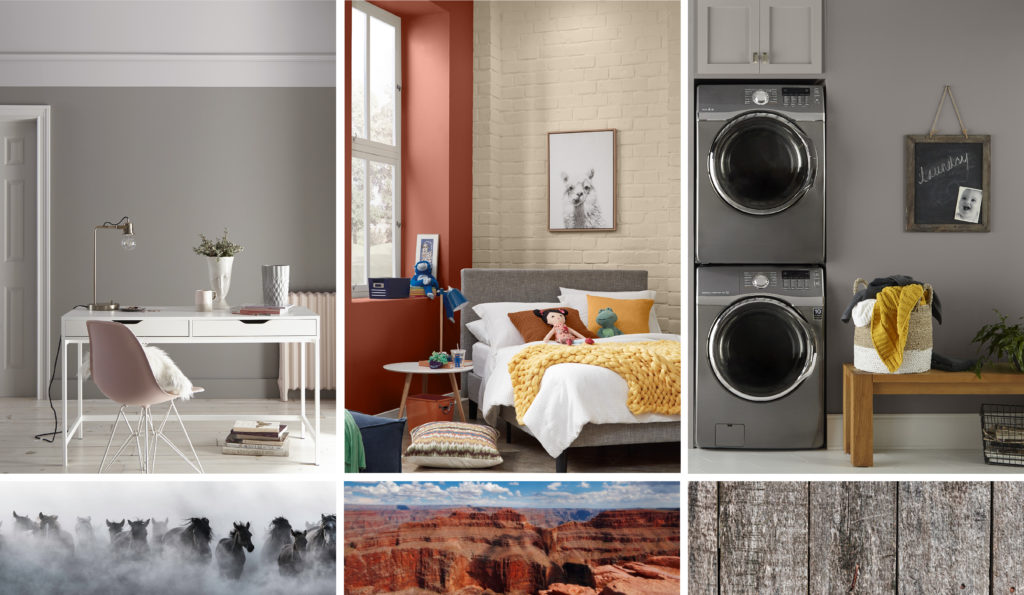
Office – wall: Elephant Skin PPU18-16
Bedroom – brick wall: Baja PPU7-08
Laundry – wall: Creek Bend 790F-4, cabinets: Grey Mist HDC-CT-21
Neutrals are ideal for large open spaces and for connecting one room to another. Use neutrals in traffic areas like hallways, stairway landings to move from public to private areas of the home. They also help transition people from outdoor surroundings to indoor settings.
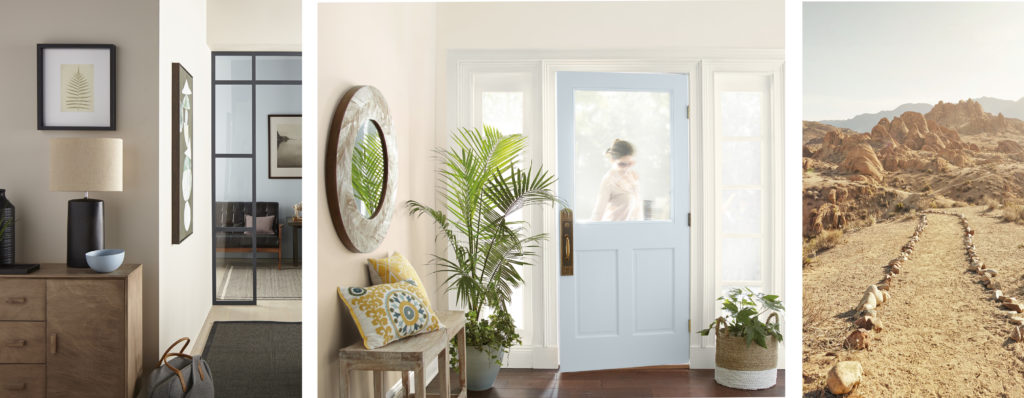
Hallway & Entry – walls: Almond Wisp PPU5-12, back wall & door: Light Drizzle N480-1
Neutral colors can enhance your home in many positive ways. To find out more about these colors and more visit https://www.behr.com/consumer/colors/paint/explore/all-colors/gray/3 or the Gray and Neutral color sections in the Color Solution Center at The Home Depot.
Colorfully Yours,
Erika

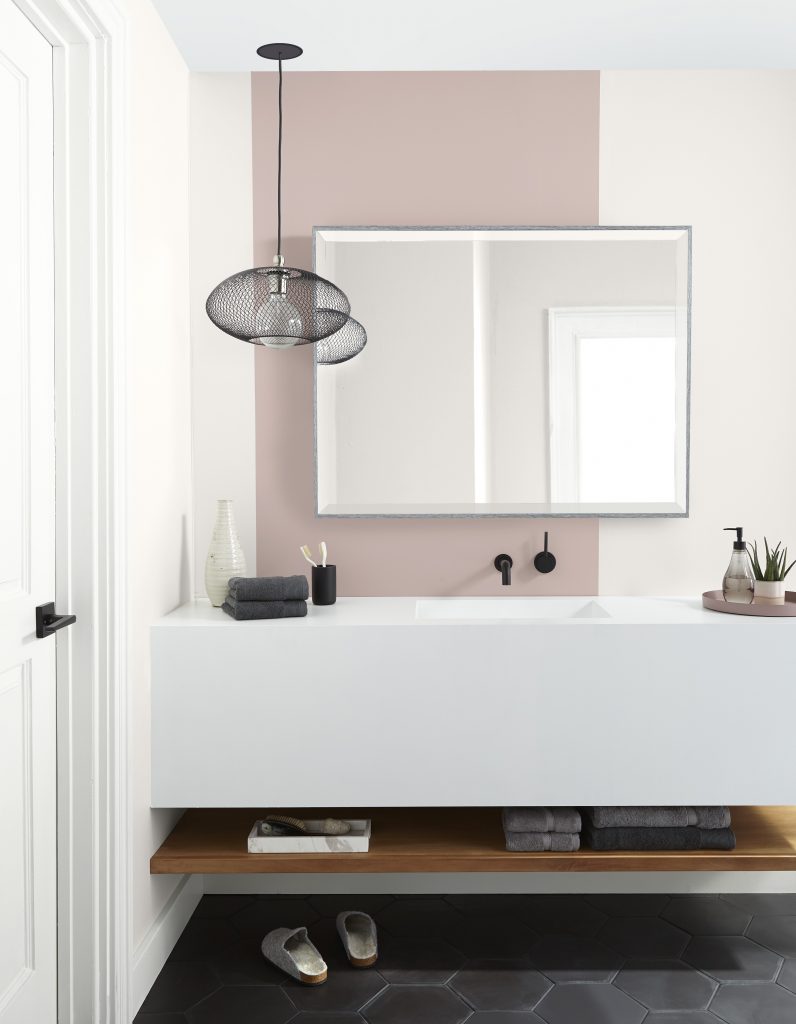
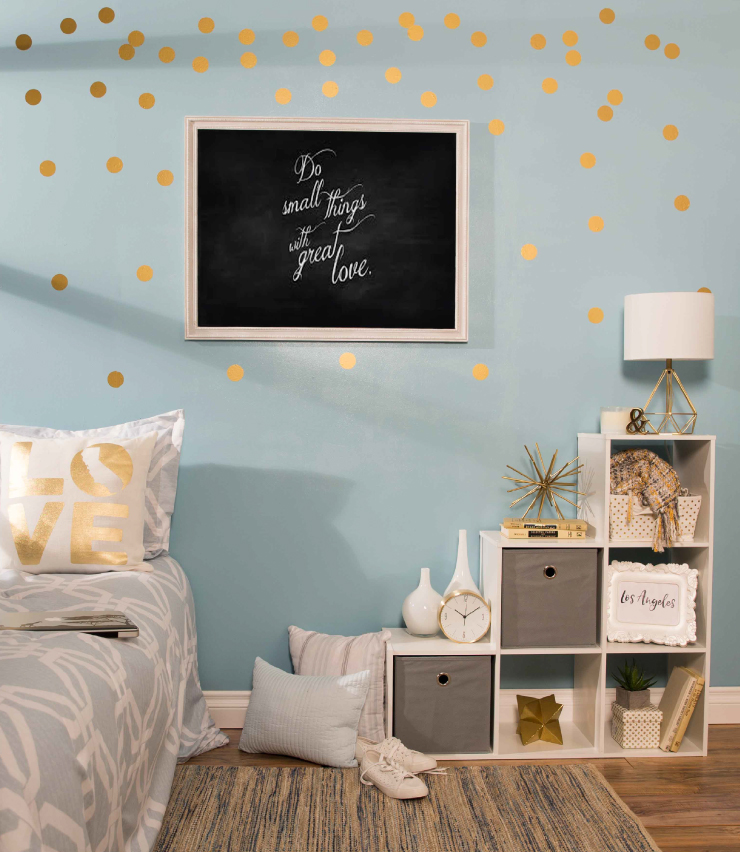
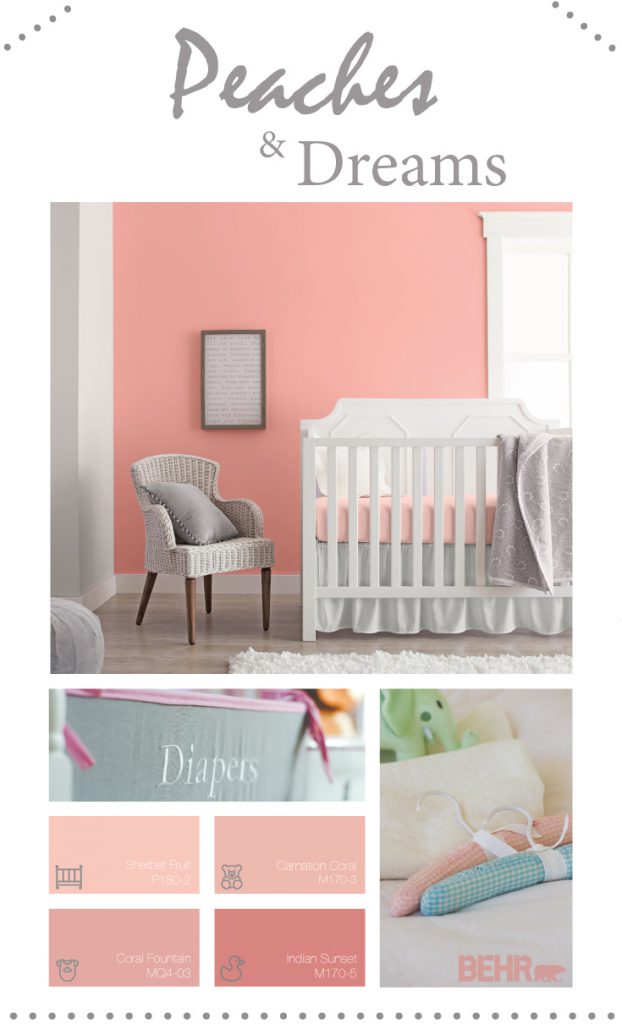
I want to paint my kitchen cabinets a neutral light color that will go with the muslin color rock around my stove. I don’t want a color that will have a pink undertone. I painted them in a kiltz color called starched linen but, it looks has a pink undertone so im going to have to paint them over. Can you please help me with a color that will go with a muslin colored off white rock that doesnt look pink. thanks you.
Hello Pam,
Thank you for your interest in BEHR paint!
I will recommend the following lighter neutral tones minus a pink tone.
Swiss Coffee 12, Sail Cloth N300-1 or Silky White PPU7-12.
Colorfully Yours,
Deanna
I thought the color was called calming maybe 10-13 years ago
Hi Vivian,
Thank you for visiting our blog!
Sorry I am not locating a old color by the name of Calming. Do you still have the color number to it?
Colorfully Yours,
Deanna